Foro Blog
news
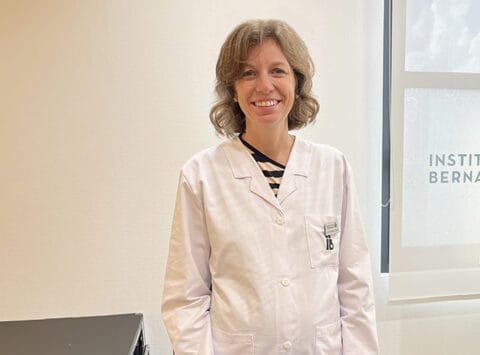
Dr Annalisa Racca, medical coordinator of Instituto Bernabeu Venice, participated in the PREIS course on optimisation of assisted reproductive technologies organised by the International and European School of Perinatal on 16 and 17 May at […]
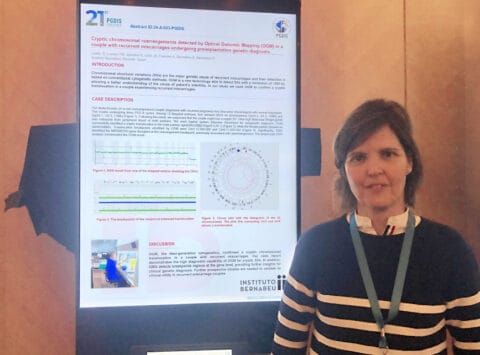
Instituto Bernabeu presents in Malaysia two studies on Prei-mplantational Genetic Diagnosis.
Instituto Bernabeu has been present at the annual congress of the International Society for Preimplantation Genetic Diagnosis, held in Kuala Lumpur, Malaysia. Dr Belén Lledó, Instituto Bernabeu Biotech scientific director, has participated in the congress […]
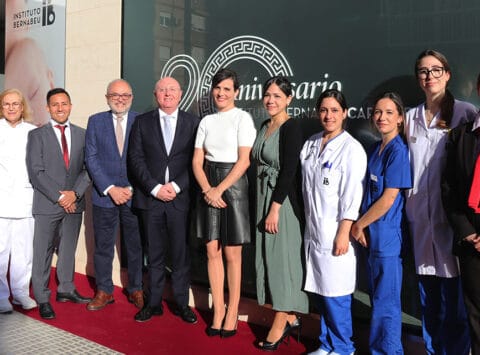
The Instituto Bernabeu clinic in Cartagena celebrated its 20th anniversary this Wednesday, 15 of May, marking two decades of excellence in the care of patients seeking to become parents and who are unable to achieve […]
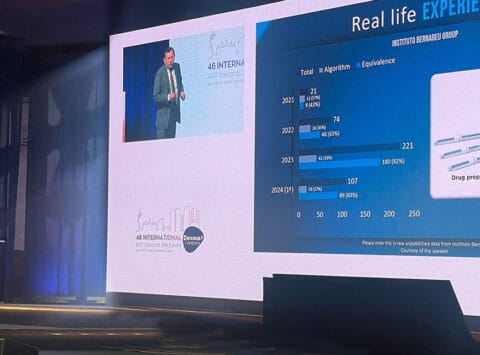
Dr Juan Carlos Castillo, scientific director of Instituto Bernabeu, participated in the 46th Dexeus International Congress, held in Barcelona and organised by Ferring. During his speech, Dr Castillo focused on the dose equivalence of the […]
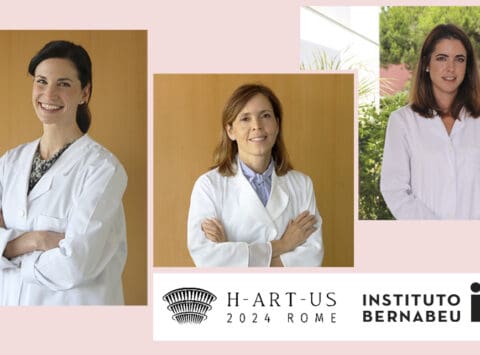
Instituto Bernabeu, present at the H-ART-US Congress in Rome.
Dr María Martínez, medical coordinator at Instituto Bernabeu in Elche, Dr Giulia Bertapelle, gynaecologist specialising in reproductive medicine at Instituto Bernabeu Venice, and Dr Carmen Martín-Ondarza, gynaecologist specialising in reproductive medicine at Instituto Bernabeu Madrid, […]
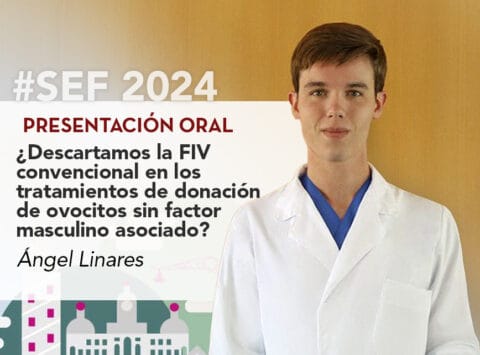
Biologist Ángel Linares, from Instituto Bernabeu, presented at the Spanish Fertility Society (SEF in Spanish) National Congress, the results of a study that questions the routine use of ICSI (Intracytoplasmic Sperm Injection) in oocyte donation […]
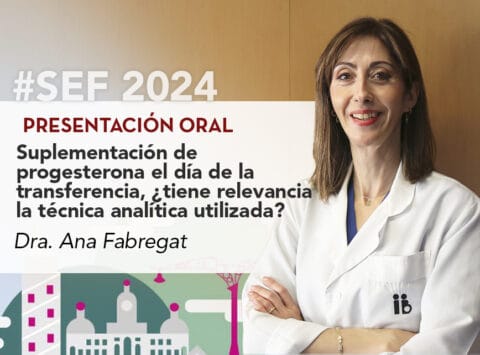
Is the technique used to measure serum progesterone on the transfer day relevant? Dr Ana María Fabregat, from Instituto Bernabeu Biotech, will give a lecture at the Spanish Fertility Society (SEF in Spanish) congress to […]
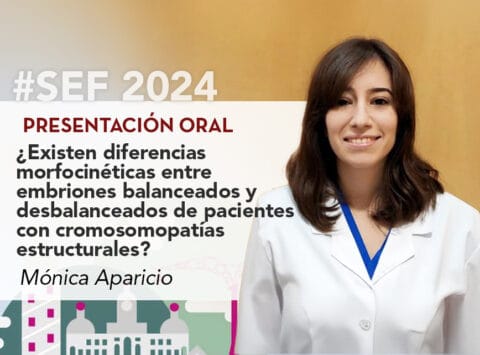
Embryologist Mónica Aparicio [AAL1] from Instituto Bernabeu will attend this year’s Spanish Fertility Society (SEF in Spanish) congress to give a presentation on research that seeks to better understand the development of embryos from patients with […]
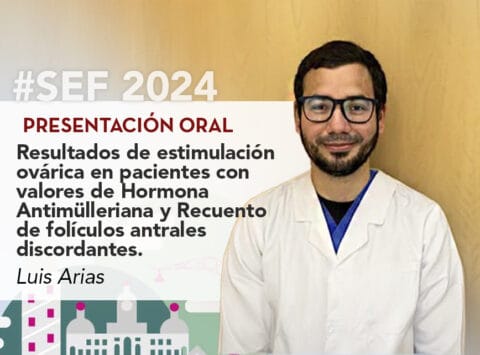
Luis Arias, embryologist at Instituto Bernabeu, will be giving an oral presentation at the Spanish Fertility Society (SEF in Spanish) congress entitled “Results of ovarian stimulation in patients with discordant Antimüllerian Hormone and Antral Follicle […]
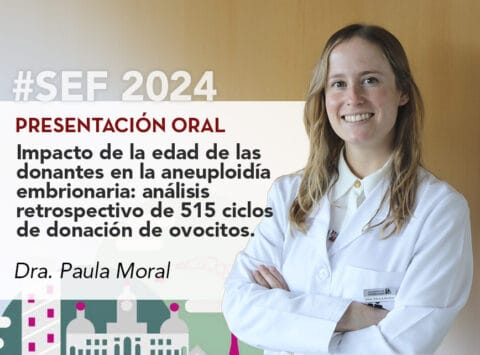
A study by Instituto Bernabeu concludes that eggs from younger donors have lower aneuploidy rates
Dr Paula Moral, from Instituto Bernabeu, will present at the Spanish Fertility Society (SEF in Spanish) congress a study on the impact of donor age on embryonic aneuploidy. The study analyses data from more than […]